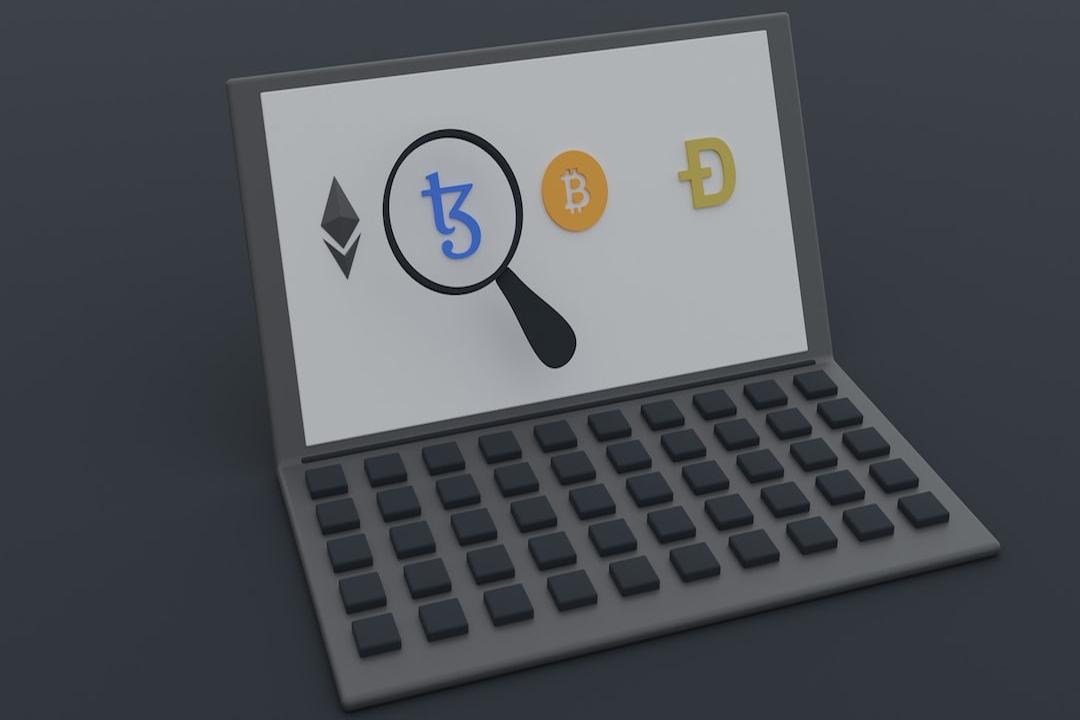The Board of Governors of the United States Federal Reserve System has recently published a research paper that discusses the advantages and disadvantages of developing and issuing a central bank digital currency (CBDC) in order to keep up with unnamed foreign powers.
CBDCs are digital currencies that are controlled by the government that issues them. Supporters argue that introducing a U.S. CBDC would help maintain the dollar’s position as the dominant international currency. However, opponents argue that a CBDC would lead to centralization, invasion of privacy, and the ability for U.S. authorities to freeze assets at any time.
In the research paper, two senior economic analysts examined the potential impact of a U.S. CBDC on the dollar and its role in international payments. They noted that over 90% of central banks are currently exploring CBDCs, and the Federal Reserve is also considering the implications and options for introducing one.
The researchers expressed concerns about the dollar’s ability to compete with foreign CBDCs if the U.S. does not issue its own. They believe that the dollar’s status as a unit of account and a store of value would not be significantly affected by a large and stable foreign CBDC outside of U.S. jurisdiction. However, they do suggest that the dollar could lose ground as the preferred currency for international transactions.
CBDCs have become a point of contention among U.S. politicians. Former President Donald Trump, who is running for president again in 2024, has vowed to oppose any efforts to create a CBDC if he is elected. Additionally, a group of five senators has recently introduced a bill that would effectively ban CBDCs in the country. A poll conducted in May 2023 showed that only 16% of surveyed individuals in the U.S. would support a CBDC.

